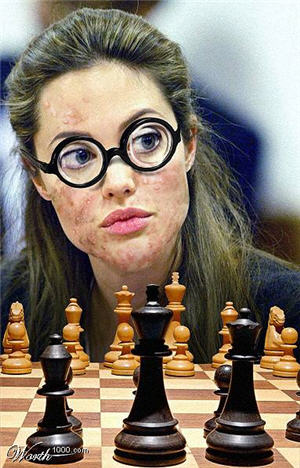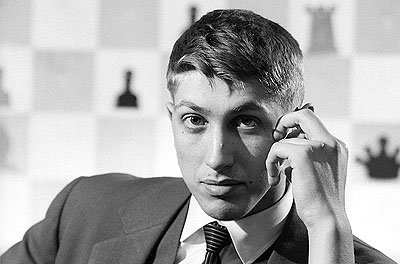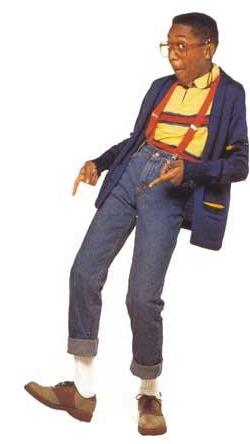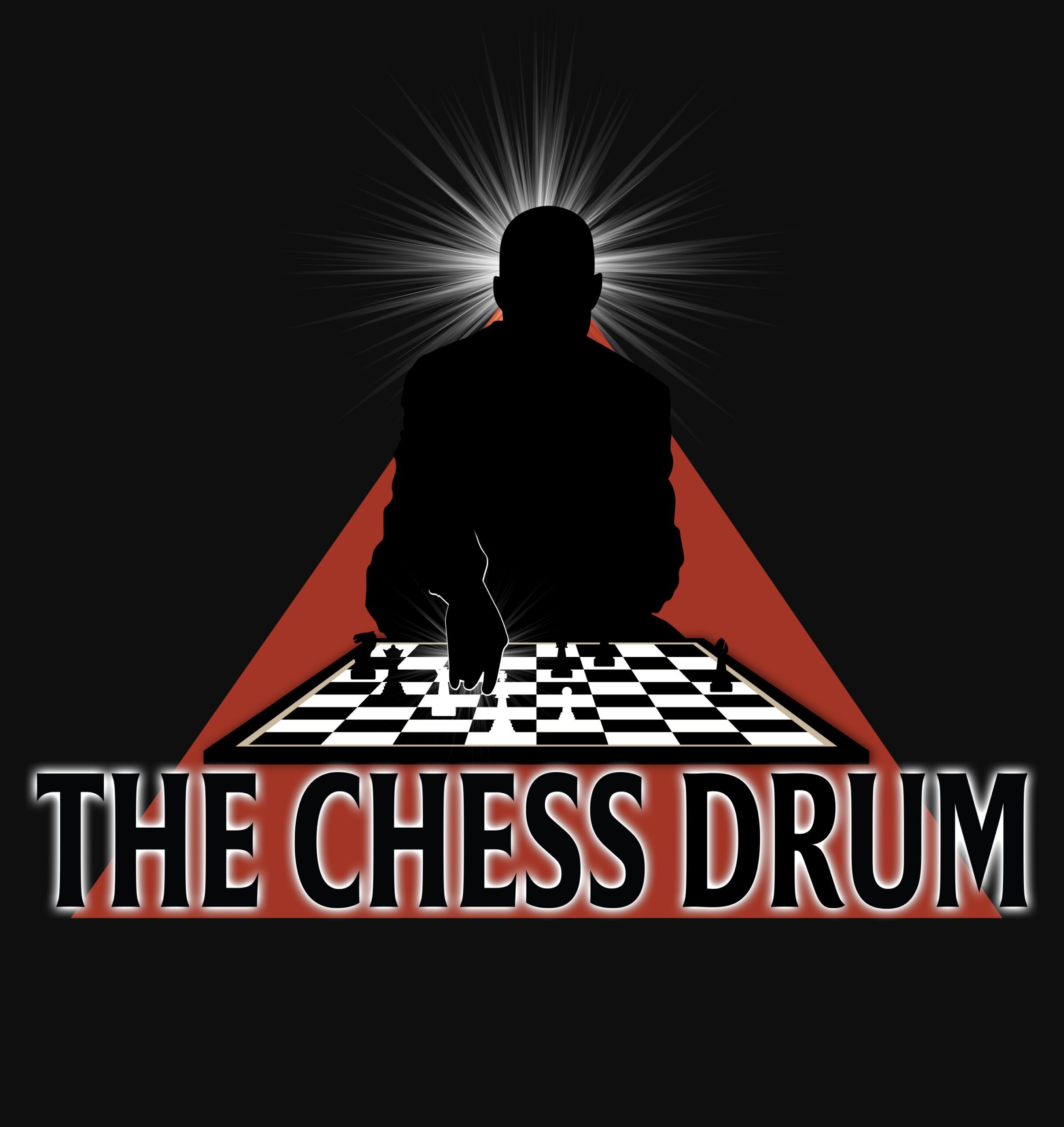The Myth of Chess “Geekism”
For decades, there has been a characterization of chess that may be considered flattering by some and insulting by others. It is the idea that chess is somehow associated with those who are socially-retarded, but intellectually overdeveloped.
GEEK (n.)
- A person regarded as foolish, inept, or clumsy.
- A person who is single-minded or accomplished in scientific or technical pursuits but is felt to be socially inept.
While there is no evidence of when this stereotype about chess players was created, it may have had to do with the idea that chess was associated with the exclusive “high society” or well-to-do aristocrats who were focused on fine arts or intellectual pursuits. Ironically, playing chess had always been a game of social erudition, not social backwardness and isolation.

Chess has evolved into a game that has captured the imagination of people from different socioeconomic backgrounds for decades. Reading articles in the press (written by non-chess players) you will find words like “geeky,” “nerdy,” or “whiz”… words normally associated with teens. In a more mature context, you will see chess as a metaphor in business, sports, politics and warfare. While some of the metaphors are appropriate, the myth of chess “geekism” has long been misplaced and even damaging.
Much has been done to present chess in a broader sense by showing supermodels, athletes, motorcyclists and rappers playing chess to highlighting stories of chess in the inner cities of America. These public relations efforts provide chess with valuable exposure, but may actually bring more attention to the stereotype since a celebrity playing chess is presented as a “WOW effect” and not a normal occurrence.
Ironically, chess has very little to do with raw intelligence, but is associated more with spatial processing and computational skills. This is why those who excel in chess range from those with the highest degrees to those who live on the street and hustle chess.
We have all heard of the “next Bobby Fischer” when a 7-year-old has only learned to play chess. Many news programs will run stories about the next “whiz kid” who is taking on adults and will claim they will be a future World Champion merely because they know the rules. In actuality, learning to play chess is not a significant feat at all. Now if the same 7-year-old was beating seasoned Masters or Experts, then we’d have a story.

Bobby Fischer… a suave geek?
Educational attainment and social factors have little bearing on one’s capacity to attain a decent skill level in chess. Chess is often presented as a game that can only be played by people with a certain level of intellectual maturity or pedigree. However, practically any person of sound mind can learn the rules of chess in roughly an hour’s time. The hard part comes in knowing what to do with the pieces and how to develop a coherent strategy to defeat the opponent.
The irony is that many chess players actually revel in the exclusivity that chess gives them. It may be flattering to feel smart or to be part of an elite group of people associated with intellectualism. Of course, many chess players have above-average intellect, but the geek persona is one that truly doesn’t apply to most chess players. It is common to see the amazement of the faces of visitors when they visit a chess tournament for the first time. “Not what I expected,” they say.
The problem is how the game is marketed to the public. It is typically the subject of many analogies written by people who have little understanding of chess. Journalists tend to overemphasize stereotypes because many have not investigated any other reference points. However, things are changing. The recent SuperNationals event in Nashville, Tennessee had more the 5,000 school kids from nearly each of the 50 states. Chess is becoming trendy.
Recently the National Basketball Association ran a very effective commercial showing the league’s top players engaging in chess battles to simulate basketball grit and determination during competition.
Video by NBA
The visual appeal was fascinating, but some still questioned whether any of the athletes could play chess. Why would that be such a big deal? Is it because of the double stereotype that you have to be smart to play chess and since “jocks” aren’t smart, they can’t play chess? Wrong on all counts!
Chess is in a paradoxical situation: showing the universality of the game may draw more people to the game, but it may lose its enigmatic prestige. Prestige may attract some sponsors, but at the end of the day, sponsors of chess would like to see their brand imagery reach a wide variety of potential consumers.

Would the nerdy Urkel be a typical
Chess Club President?
One thing is for certain, chess has long outgrown the “geek” image. Are there chess players who are geeks (as it is defined)? Of course. Does this image represent the average chess player? Of course not. However, the runny-nose, socially-challenged, bespectacled, skinny, genius kid characterized as a chess club President is one that we all hear.
A few years back, a producer of the show “Beauty and the Geek” called the President of the Boylston Chess Club looking for a 20-something geek. She set up a meeting with the club to “interview” chess players. There was no indication if she in fact found such a person fitting her geek stereotype. If she was looking for Urkel (pictured right) or someone like him, she no doubt would have been disappointed. The idea of a super-smart, socially-detached chess geek still remains in the non-chess public and may not leave soon.
Chess actually lacks the erudition that it once bore in the “romantic” period when the players wore suits to the matches and discussed philosophy between games. Nowadays, the game is dominated by the youth and it is much more of a sport than a culture of science and art. Nevertheless, it remains something that holds tremendous intrigue and increasingly everyone seems to want to be associated with it on different levels. Chess imagery may not suffer in other countries as it does in America, but over time chess may find its allure to be normal and not perceived as one for a group of geniuses who are social misfits.


If you’re not in a classification category some type of race some type of name of a social or anti-social group
chess players are the most intelligent group of people I know
we come in all shapes and sizes colors and cultural backgrounds
I hate misconception and being stigma stigmatize and I’m also a
professional African American female whob consider myself to be pretty smart and I have variety of interest
I have a passion for chess because it keep me balance